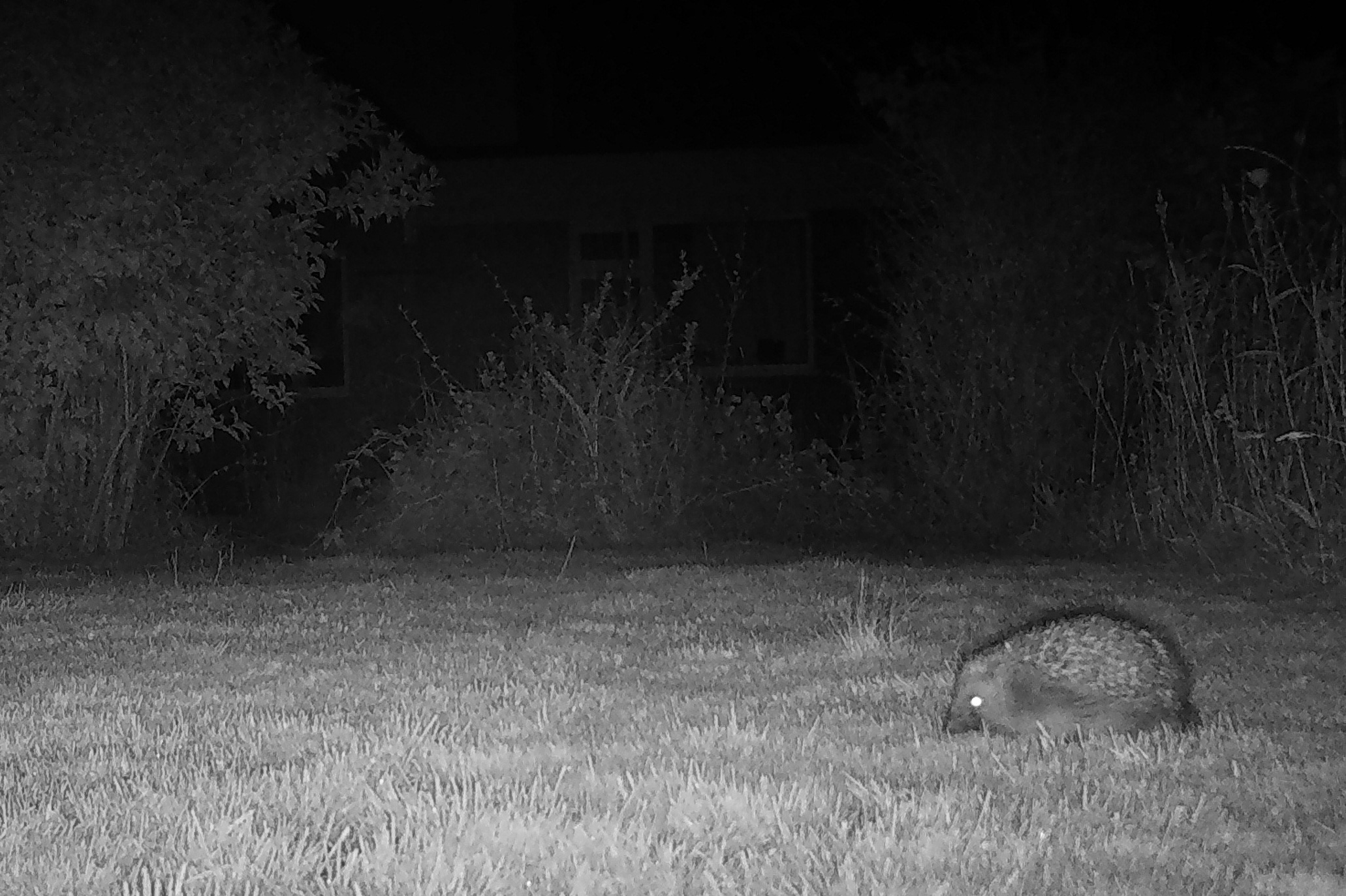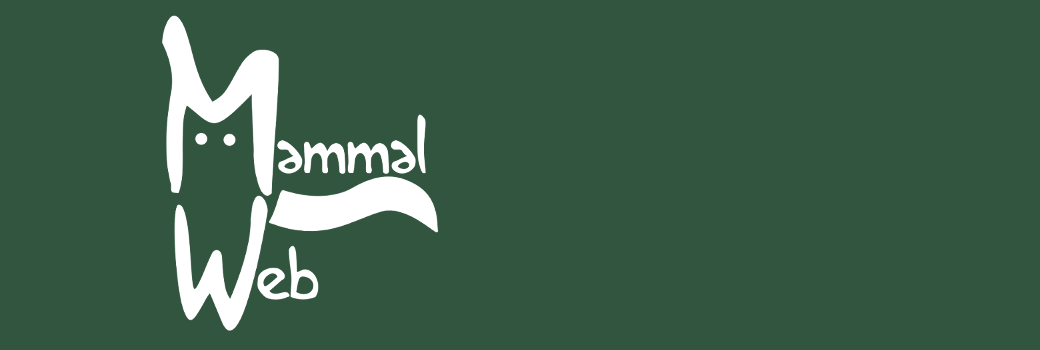Spot a hog: garden survey

Spot a hog: garden survey is a pilot project to test the potential of monitoring hedgehogs in gardens using camera traps owned by the public.
Camera traps, also known as trail cameras, are widely applied in wildlife monitoring. Some amazing initiatives, such as the National Hedgehog Monitoring Programme, use camera traps to estimate the density of various species. However, camera traps are also increasingly used by private users to observe wildlife in their gardens. This data holds great potential for monitoring urban species, as it can provide information on multiple species in a habitat often not represented in scientific studies. This is also an especially important habitat for hedgehogs, as currently they are more frequently observed in urban than in rural areas. The focal species of the project is the West European Hedgehog Erinaceus europaeus, whose population has been undergoing a historic decline in the UK. To identify the reasons for, and the extent of, this decline we need data from across the country.
In this study we would like to test the potential of using data obtained from privately owned camera traps for monitoring hedgehogs and estimating their density: a ‘gold standard’ in wildlife monitoring. We will be using a novel method that requires some additional steps to work out how animals move in front of the camera, and we need your help to do it!
We welcome anyone who already has a camera trap (or will get one before the start of the survey) in May 2025. You will need to set up your camera according to a protocol available on our website, record some information about your camera’s field of view and leave it on for a maximum of 1 month. After this, we ask that you upload the images to this project. The images will then be available to the public for spotting (i.e. classifying images by species) and the results will be analysed by the project team.
Please visit our website for terms and conditions and detailed instructions on how to join the project: Hedgehog camera project
Participation in the project is voluntary and only for people above 18 years old, but children are encouraged to help if supervised by an adult
Please note: The images you upload will be run through an artificial intelligence (AI) filter that will remove all images of humans and images of vegetation (called ‘blanks’). Blanks will be available to the project team, but not to the general public. However, the AI system can make errors, so if your camera trap captured images that may be considered sensitive- please remove them before uploading to the platform.

 English (United Kingdom)
English (United Kingdom)  Nederlands (nl-NL)
Nederlands (nl-NL)  Magyar
Magyar  Deutsch (Deutschland)
Deutsch (Deutschland)  Croatian (Hrvatski)
Croatian (Hrvatski)  Polski (PL)
Polski (PL)  Español (España)
Español (España)